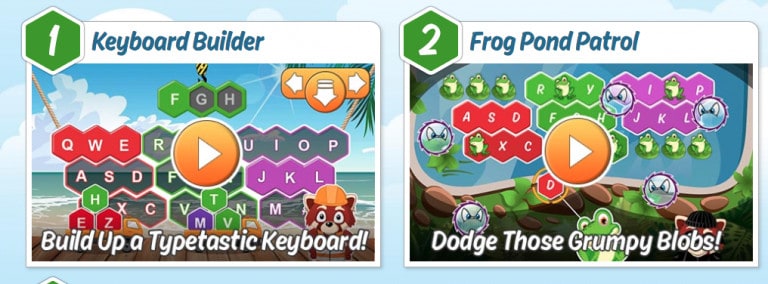Making Reading Simple, Like Riding a Bike
This post may contain affiliate links, view our disclosure policy for details.
After nine + years of teaching, substituting, over 200 credits of education towards a BS, and Masters degree, I have come across tons and tons of fantastic reading strategies, programs, games, centers, activities, etc. But have we considered that all of these things while being great and wonderful, might be a little over thought? Have you ever thought that we think too much about how we teach, and not enough about teaching itself? Well over the last six years as a public school teacher I have noticed one thing, we are obsessed in recreating the wheel, I have taught 6 years and had to turn in a total of 5 different formats for lesson plans. I have taught 4 years in the same grade and turned in a total of 4 different years worth of content, we either changed order, changed focus, etc. Yet we have lost the simplicity of how to get better and create stronger readers. If you are interested in learning how to do this in 1 easy step, read on.
In school we spend time learning in isolation phonics, comprehension, fluency, phonemic awareness, and vocabulary, but we do so all too often in isolation from the whole. We don’t actually give our students a great opportunity in school to RIDE the bike (Read). Do we?? I know we have our DEAR time (Drop Everything And Read) or SSR (Silent Sustained Reading), but do we have enough? How many late nights, long weekends do you spend with your child practicing to ride a bike? Why do we limit actual reading in school? Think about your students or children who are great readers?? Are they always reading a book? I would venture to say they always are reading because they learned to read by reading. They didn’t learn to read solely by learning the aspects of reading in isolation. I am not a proponent of only allowing a child to read in school and not teach the components of reading, but I feel we don’t allow our students to ride “the bike” in school, we are too busy teaching them how to ride the bike. Hands on experience will greatly increase ability. If we were smarter, we would encourage reading more and have to spend less time on the isolation.


